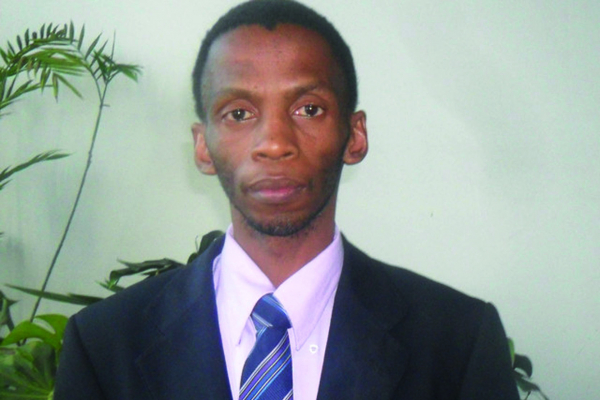
The harmonised elections are barely a month away and aspirants of all persuasions are out in full force hugging babies, giving to the needy, officially opening bins and promising everything to everyone as they desperately seek to sway public opinion and hopefully the popular vote in their way.
By Dumisani O Nkomo
It is becoming increasingly clear that the presidential race is becoming a two-way race in strong field of candidates.
It would be most desirable if no party achieves a two-thirds majority in Parliament and for the electorate to choose their preferred candidates on merit.
However, election fever characterised by a propensity for electoral infatuation by both the aspiring candidates and the perspiring electorate may see people throwing reason out of the window and voting for parties which are most likely to win rather than candidates who can deliver. If this scenario obtains, the race will then become a two-man horse race between President Emmerson Mnangwagwa and MDC Alliance leader Nelson Chamisa.
In this article I will explore the chances that these two have and the external factors and other variables which will determine their chances in the presidential race. I will explore the chances of other aspirants such as Thokozani Khupe, Joice Mujuru, Nkosana Moyo and others in subsequent instalments.
Recent opinion polls have suggested that Mnangwagwa is likely to win the elections. However, there has been contesting views by numerous political analysts who have highlighted that there is a large number of people who have not indicated their preferred choice ahead of the elections.
I will briefly look into few factors that will work in favour of and against both candidates.
- Chamisa under fire over US$120K donation
- Mavhunga puts DeMbare into Chibuku quarterfinals
- Pension funds bet on Cabora Bassa oilfields
- Councils defy govt fire tender directive
Keep Reading
Mnangagwa: Key strengths and advantages
The cardinal advantage which Mnangagwa has in this presidential race is that of incumbency.
As the incumbent, Mnangagwa has to his advantage is access to information, resources and personnel which no other candidate has.
The sitting President has a head start because he has control [albeit debatably] of the key organs of the State such as the army and the civil service and to an extent the electoral process which on paper is run by an independent commission (Zimbabwe Electoral Commission).
The incumbent’s control of the entire security apparatus is questionable though as the police and the intelligence apparatus is not fully under his control, but broadly and theoretically speaking they lie within the ambit of his influence or at least the purvey of the ruling party which, of course, should not be the case, but in actual case has been the case under former President Robert Mugabe .
It can further be denoted that Mnangagwa has access to financial support from countries such as China as well as State funding for political parties, just to name a few.
The public media has continued to be an extension of the ruling party. However, in the last month or so efforts have been made to decoratively open space.
The opening of space for political parties and civil society in terms of freedom of association has been quite clear and some may feel that indeed this is a new era and not a “new error “.
Chamisa: Key strengths and advantages
Unlike his opponent, Chamisa possesses a natural charism which is key for any election. This is an attribute which Mugabe had and which Mnangagwa does not have. He is able to relate to various audiences and effectively articulate issues at rallies
Chamisa as a young person has the potential to appeal to the youths as the majority of the registered voters. However, the majority of Zimbabweans who will be voting were born after independence and will be keen to see a new leader with a new mandate taking over seeing that Mnangagwa has been in Cabinet since 1980 and cannot absolve himself from failures of the Mugabe regime.
Chamisa will also benefit from the fact that there has not been any significant economic growth and improvement in service delivery.
Besides the Zimbabwe is ready for business rhetoric there is no actual tangible change that can attest to a new era. Admittedly, space has opened up and roadblocks have disappeared, but economically the cash crisis persists and long bank queues are the order of the day.
Economic growth takes time as we know, but the people will judge a leader by what he has promised and by the economic deliverables they see.
To this extent Chamisa may gain from the protest vote arising from economic conditions
Dumisani O Nkomo is the chief executive officer of Habakkuk Trust, a Christian advocacy, research and information dissemination organisation. He writes here in his personal capacity.











